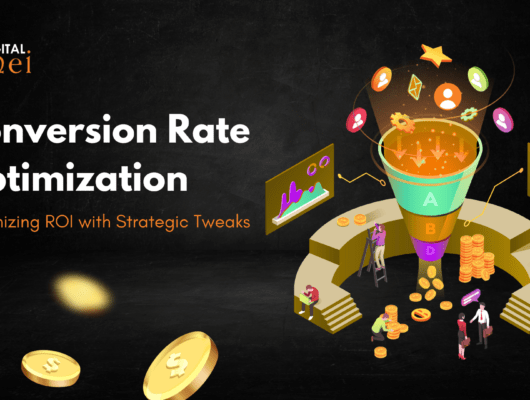In the vast landscape of digital marketing, the rise of Big Data has presented both opportunities and challenges for businesses seeking to harness the power of information. As the volume, velocity, and variety of data continue to expand, marketers find themselves at a crossroads—the data dilemma. Let’s navigate through the complexities of Big Data in digital marketing, exploring how businesses can leverage insights while addressing the challenges that come with handling massive datasets.
- The Big Data Boom in Digital Marketing: Opportunities Unveiled
Unlocking Insights:
Big Data opens doors to unprecedented insights into consumer behavior, preferences, and market trends. By analyzing large datasets, marketers can make informed decisions, optimize strategies, and tailor campaigns to specific target audiences.
Personalization Prowess:
Big Data enables hyper-personalization. Marketers can create targeted content, recommendations, and experiences based on individual preferences, fostering stronger connections with consumers and increasing the effectiveness of marketing efforts.
Performance Optimization:
Through data analytics, marketers can track the performance of campaigns in real-time. This agility allows for quick adjustments, ensuring resources are allocated to the most effective channels and strategies.
- The Challenge of Data Overload: Navigating the Sea of Information
Data Volume Overwhelm:
As the volume of data grows, businesses face the challenge of processing, storing, and extracting meaningful insights from massive datasets. The sheer volume of information can lead to analysis paralysis, hindering decision-making.
Data Quality Concerns:
Ensuring the accuracy and reliability of data is paramount. Inaccurate or incomplete data can lead to flawed insights and misguided marketing strategies. Maintaining data quality requires robust validation and cleaning processes.

Privacy and Compliance:
The collection and utilization of vast amounts of consumer data raise concerns about privacy and compliance with regulations such as GDPR. Navigating the regulatory landscape is essential to avoid legal repercussions and build trust with consumers.
- Data-Driven Decision-Making: The Core of Effective Strategies
Actionable Insights:
The true value of Big Data lies in its ability to provide actionable insights. Marketers must focus on translating data into tangible strategies, ensuring that analytics efforts lead to practical and informed decisions.
Cross-Channel Integration:
Integrating data from various channels is crucial for a holistic view of consumer interactions. Cross-channel analytics enable marketers to understand the customer journey and optimize touchpoints across platforms.
Real-Time Responsiveness:
In the fast-paced digital landscape, real-time data analysis is indispensable. Marketers who can respond swiftly to changing trends and consumer behavior gain a competitive edge. Real-time analytics enable dynamic adjustments to campaigns for maximum impact.
- Harnessing Technology: Tools for Big Data Success in Marketing
Advanced Analytics Platforms:
Investing in advanced analytics platforms empowers marketers to process and interpret large datasets efficiently. Machine learning algorithms and predictive analytics tools enhance the depth and accuracy of insights.

AI-Powered Marketing Automation:
Artificial intelligence (AI) plays a pivotal role in automating marketing tasks and personalizing customer experiences. AI-driven automation enables marketers to scale efforts, delivering targeted content and communications at scale.
Data Governance Solutions:
Implementing robust data governance solutions ensures the integrity, quality, and security of data. Clear policies and frameworks guide the collection, storage, and utilization of data, mitigating risks associated with data mismanagement.
- Striking the Balance: Ethical Data Use and Customer Trust
Transparent Communication:
Building and maintaining customer trust requires transparent communication about data collection and usage. Clearly articulating privacy policies and being open about data practices fosters a sense of trust and accountability.
Ethical Data Use:
Marketers must prioritize ethical considerations in data use. Respecting user privacy, obtaining explicit consent for data collection, and adhering to industry standards for responsible data practices are essential for ethical marketing.
Value Exchange:
Demonstrating the value of data exchange is crucial. When consumers perceive a fair value in sharing their data, they are more likely to engage with personalized experiences, creating a mutually beneficial relationship.
Conclusion: Navigating the Future of Data-Driven Marketing
In the dynamic realm of digital marketing, Big Data presents a dual nature—offering unparalleled opportunities for insights while posing challenges of complexity and responsibility. Navigating the data dilemma requires a strategic approach that balances technological capabilities, ethical considerations, and customer trust.
As businesses continue to navigate the sea of information, those adept at harnessing Big Data for actionable insights, embracing advanced analytics and AI, and prioritizing ethical data practices will emerge as leaders in the ever-evolving landscape of digital marketing.





